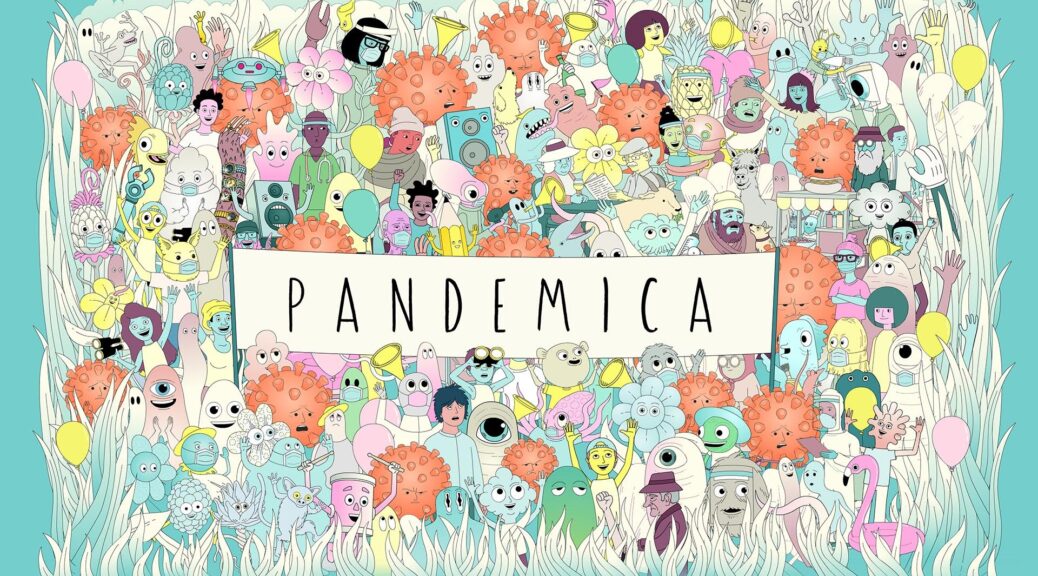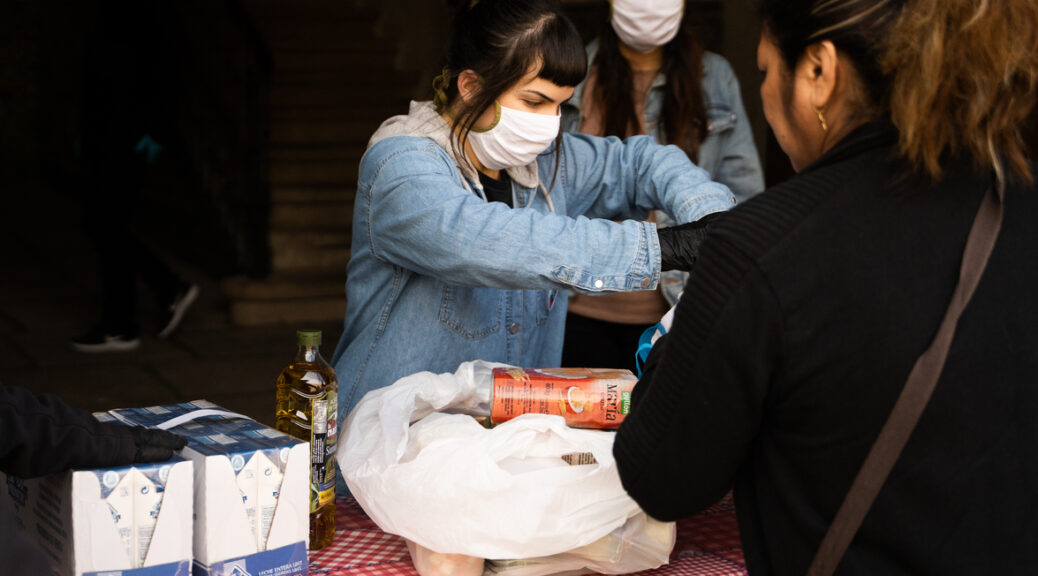Bono, Penélope Cruz, David Oyelowo, Kumail Nanjiani, Phoebe Robinson, and more to star in Pandemica, ONE Campaign’s animated series to raise awareness of vaccine access crisis.
By Heather Newgen
To help spread the word about the importance of getting the Covid-19 vaccine, the ONE Campaign, which is co-founded by Bono, is premiering Pandemica, an animated content series created by Hive about a world of never-ending pandemic purgatory, where COVID-19 never goes away, but continues to mutate and cross borders. The message the creators at hive aim to send – unless the vaccine is everywhere, the pandemic isn’t going anywhere.
The fastest way to end the COVID-19 pandemic is to ensure vaccines are available to everyone, everywhere. But, people living in the world’s poorest countries are being left behind. Currently, one-third of the world’s countries have yet to see a single dose of vaccine, while a handful of wealthy countries have enough vaccines to inoculate their entire populations and still have more than 1 billion doses left over –including 550 million excess doses secured by the US alone. And, without every country able to roll-out vaccinations, we could see twice as many deaths.
“Pandemica’s animated world animates a simple truth –that where you live shouldn’t determine whether you get these life-saving shots,” said Bono, lead singer, U2 and co-founder of ONE and (RED). “Even while many of us still wait our turn, we need to commit to making sure that billions of people around the world aren’t left at the back of the line. It’s the right thing to do, obviously, but it’s also the only way out of this pandemic for all of us. If the vaccine isn’t everywhere, this pandemic isn’t going anywhere.”
“Pandemica is a compelling illustration of the inequality around the world,” said Penélope Cruz, who lends her voice in the Pandemica series. “I hope that everyone who watches this series will use their voice and take action to ensure that no one gets left behind.”
“We’re all trapped in Pandemica, but only some can get out. This virus thrives on inequality, and right now billions of people around the world are seeing the promise of a vaccine, but not the opportunity to receive it,” said David Oyelowo, actor and Mountaineer in Pandemica. “We must step up and do what it takes to end this pandemic for everyone, everywhere.”
To raise awareness about the vaccine access crisis, Hive, a social impact agency that creates campaigns to spark positive change, teamed up with Bono’s One Campaign. The company has recently created high profile campaigns including ONE’s #PasstheMic , VOW to End Child Marriage for Girls Not Brides and Give Bold #Get Equal for equal rights for women and girls. For this campaign Jenifer Willig, co-founder and CEO of Hive said, “We’re so honored to work with ONE and help them ring the alarm about the urgent need for a global response to COVID-19. The truth is we’re in a race against the virus and its variants and run the risk of keeping the world in lockdown if vaccines and treatments aren’t made available globally. We created Pandemica to highlight COVID inequity and the urgency and importance of fair vaccine distribution.”




